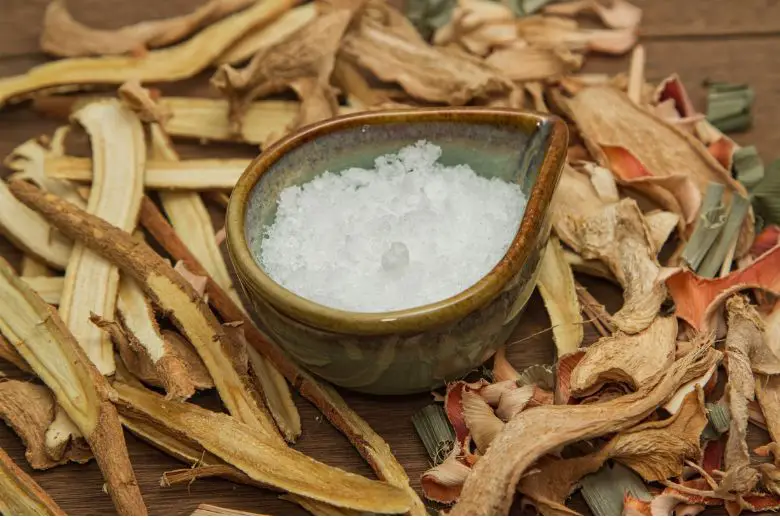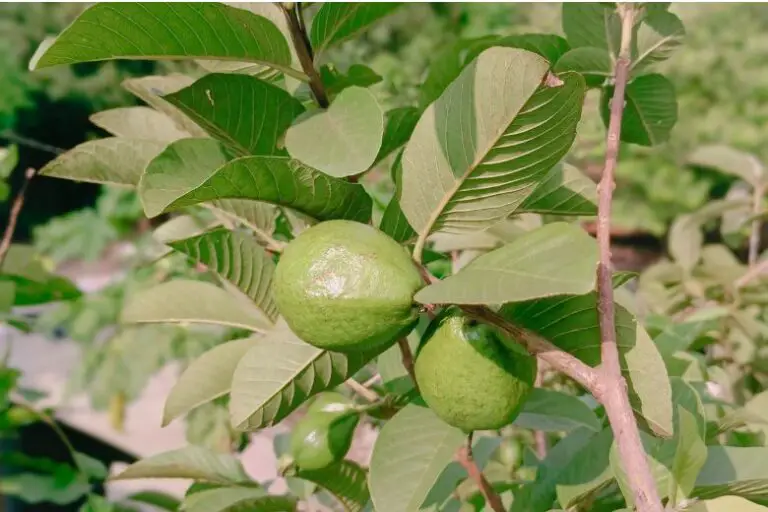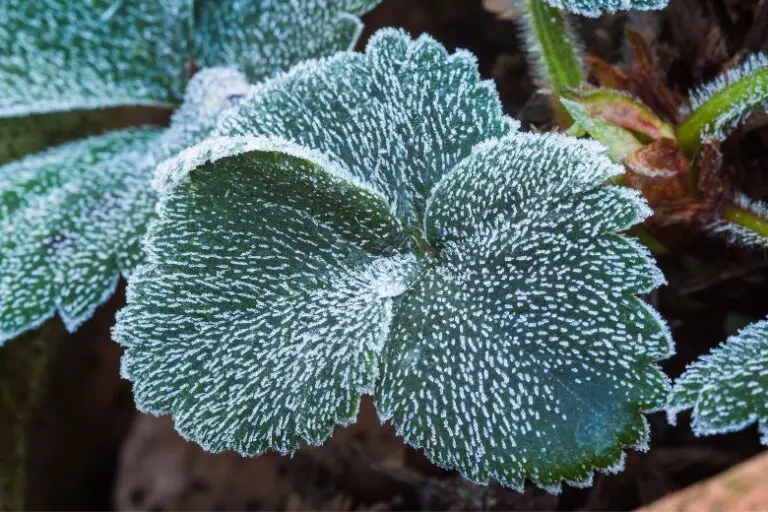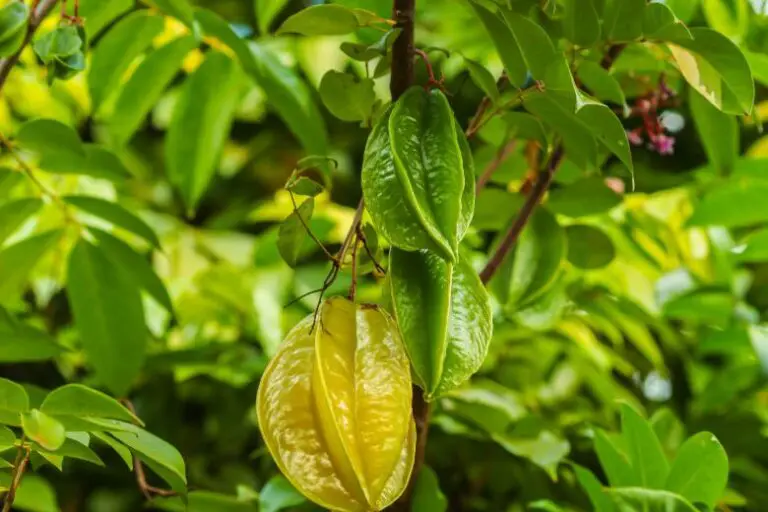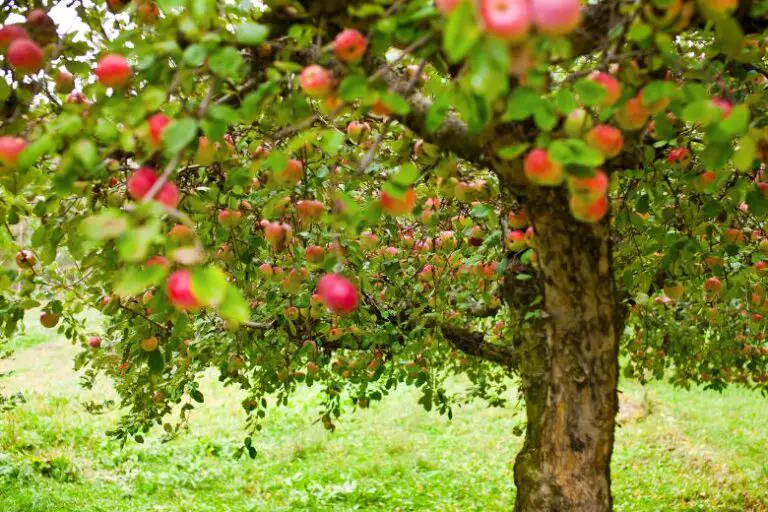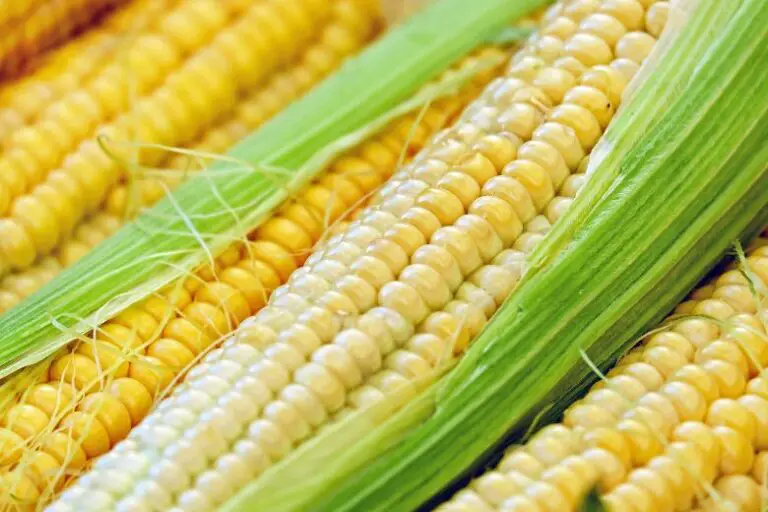Can Pine Trees Be Used for Medicinal Purposes
Pine trees, known for their majestic beauty and fresh scent, have been a part of our natural environment for centuries. But beyond their aesthetic appeal, these evergreen trees have also played a significant role in traditional medicine. The healing properties of pine trees have been recognized and utilized by various cultures throughout history. In this article, we will explore the potential medicinal uses of pine trees, the active compounds they contain, and the scientific research supporting their therapeutic benefits.
History of Pine Trees in Traditional Medicine
The utilization of pine trees in traditional medicine can be traced back to ancient civilizations. Native Americans, for instance, used various parts of the pine tree to treat ailments such as respiratory conditions and sore muscles. Similarly, Chinese and Ayurvedic medicine incorporated pine tree extracts into their healing practices. The longevity of pine tree usage in traditional medicine speaks to the trust placed in these natural remedies.
Active Compounds in Pine Trees
Pine trees contain several active compounds that contribute to their potential medicinal properties. One of the key components is alpha-pinene, which possesses anti-inflammatory and analgesic properties. Another compound, beta-pinene, exhibits antimicrobial effects. These and other compounds found in pine trees have piqued the interest of researchers and have led to a deeper understanding of their therapeutic potential.
Medicinal Uses of Pine Trees
Respiratory Health
The aromatic nature of pine trees makes them particularly beneficial for respiratory health. Inhaling the scent of pine needles or using pine needle extracts in steam inhalation can help relieve congestion, ease breathing, and alleviate symptoms associated with respiratory conditions such as colds, coughs, and sinusitis.
Anti-inflammatory Properties
Pine tree extracts have shown promising anti-inflammatory effects. They can help reduce inflammation in the body, which is often associated with conditions such as arthritis and joint pain. The anti-inflammatory properties of pine trees make them a valuable natural alternative for managing such ailments.
Skin Care and Wound Healing
Certain pine tree extracts possess skin-nourishing properties. They can help hydrate and soothe the skin, making them a valuable ingredient in skincare products. Additionally, pine resin has been used traditionally to aid in wound healing due to its antimicrobial properties and ability to promote tissue regeneration.
Digestive Health
The consumption of pine nuts, derived from certain pine tree species, has been associated with digestive health benefits. Pine nuts are rich in healthy fats, antioxidants, and dietary fiber, which can aid digestion, support gut health, and contribute to overall well-being.
Immune System Support
Pine trees contain vitamin C, a powerful antioxidant known for its immune-boosting properties. Regular intake of pine tree products, such as pine needle tea or supplements, may contribute to a strengthened immune system and enhanced resistance against infections.
Pine Tree Products in the Market
In recent years, the popularity of pine tree products in the market has increased. Pine needle extracts are available in various forms, including tinctures, capsules, and teas. Pine bark supplements, derived from the inner bark of certain pine tree species, have gained attention for their potential antioxidant and anti-aging properties. Additionally, pine essential oils are used in aromatherapy, offering relaxation and stress relief.
Scientific Studies and Research
Scientific studies have shed light on the medicinal properties of pine trees. Research has explored the effectiveness of pine tree extracts in managing respiratory conditions, reducing inflammation, promoting wound healing, and supporting overall well-being. Clinical trials have provided valuable insights into the dosage, safety, and potential side effects of pine tree products.
Safety and Precautions
While pine tree products are generally considered safe for most individuals, it is important to exercise caution and follow recommended guidelines. Some people may experience allergic reactions or skin sensitivities to pine tree extracts. Pregnant or breastfeeding women should consult their healthcare providers before using pine tree products. It is advisable to start with small doses and monitor the body’s response.
Sustainability and Conservation
With the increasing demand for pine tree products, it is crucial to prioritize sustainable practices to protect these valuable resources. Responsible harvesting techniques and conservation efforts can help preserve pine tree populations and ensure their availability for future generations.
Future Potential and Exciting Developments
Ongoing research continues to unveil the potential of pine trees in medicine. Scientists are exploring new applications and uncovering additional health benefits associated with pine tree compounds. The future may bring exciting developments, including innovative pine-based therapies and treatments.
Conclusion
In conclusion, pine trees possess remarkable medicinal properties that have been recognized and utilized throughout history. From their role in traditional medicine to the scientific research validating their benefits, pine trees offer a wealth of therapeutic potential. Whether in the form of extracts, supplements, or essential oils, these natural remedies have the capacity to promote respiratory health, reduce inflammation, aid in skincare and wound healing, support digestion, and strengthen the immune system. However, it is essential to use pine tree products responsibly and follow recommended guidelines to ensure safety and maximize their benefits.

